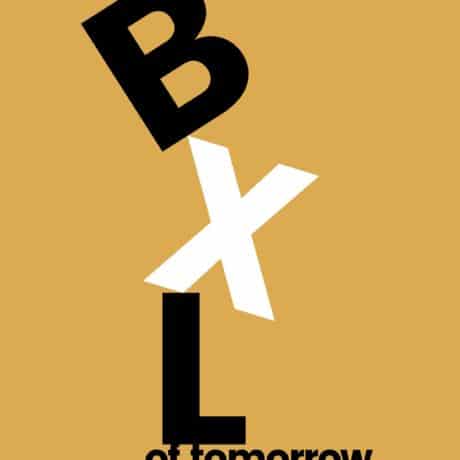
Dossier
Brussels mag N°17
Expat
TEXT johan-frédérik hel guedj . PHOTO Anne Combaz
Since 2017, Renaud Mazière, the most Belgian of French chocolate professionals, has been orchestrating the financial score of Marcolini.
Going from ready-to-wear to mass retailing and then from haute couture to chocolate, this is the first luxury goods company that he is directing. What difference does that make? “The relationship to time of a company in the long term: the time of manufacturing, building an image, client relations, sourcing raw materials, and sampling. In our societies, this time is rare and it has become a luxury. In addition, it is thrilling to enter into a world of the emotions and the senses; cuisine and wine have always been at the very heart of my life. And finally, Brussels is one of the cities that I appreciate the most, for the charm of its heterogeneous architecture, its art de vivre and its ability to view situations with hindsight.” This capital city welcomes diverse cultures, nationalities and languages; it possesses a social mix comparable to Hong Kong, Paris or London. “And it is a city that beats to the rhythm of a province. When going from Paris to Brussels, the cardiac rhythm of the city goes from 140 to 80, relationships are calmer. The famous Belgian sense of compromise facilitates the negotiation of obstacles.” And this foreign country where people speak French “does not use language as the first requirement of integration”; (impressed by how well Belgians speak English, he admits that he has progressed more in English than in the Flemish language). He has no pride in a feeling of belonging (“I am not an expat in the strict sense of the word because I was not appointed here”), he appreciates not being labelled with a religious, national or cultural model. “I have changed countries virtually without realising it. I do not feel French in Belgium since the Belgians are kind enough not to remind me that I come from France.”
Chocolate as a protection
How was he selected? The majority shareholder of Marcolini, Neo Capital Fund of London, led by a Frenchman, was looking for a manager possessing four qualities: a manager with experience in large companies (GoSport) and SMEs, who was interested in gastronomy and capable of working in a two- person team with the company’s founder, Pierre Marcolini. “It was necessary to respect the past while contributing an organisational dimension, integrating the presence of the founder without sliding into a joint management mode, and resisting all power logic or ego.” Does he give his opinion on the creations produced? “The opinion of an enthusiast, not a chocolate-maker”, he said smiling.
The production of Pierre Marcolini takes place in Belgium: 80 experts are at their post every morning at 6.00 a.m. The network extends to France, England, China, Dubaï and Japan. The worldwide turnover of the seven stores is made mostly in Europe and Japan. Future development will especially be in the USA. He travels a lot: every week, he is in Asia, Europe and the Arab countries. With margins growing over the last two years, it is important to associate the quality of craftsmanship, ethical sources of supply chains, the skill of the craftsmen and modern production methods. “Maintaining the spirit of a luxury item craftsman beyond the frontier is not easy. There is a risk of preferring volume over quality and short term over long term.” And yet, Pierre Marcolini wants to manufacture in Brussels. Producing food responsibly is not a trend, it is a necessity which goes hand in hand with defiance towards massive organisations and an increased awareness of the importance of the truthfulness of products. A mammoth company such as Carrefour, France’s biggest employer (€88 billion) is recording 100% of its growth in organic products. “Taking advantage of this movement would ring false”, he added, “Sincerity replaces advertising”. This responsibility is incumbent upon brands. Pierre Marcolini has understood this with his demand for ‘bean to bar’, the bean for which he pays €4,000 per tonne (compared with €900 paid for the ordinary varieties). The reasons for his demand are multiple: he refuses suppliers who use child labour, cacao trees that have been treated with glyphosate, the hybrid cacao CCN51, a cause of deforestation, which has a standardised flavour, or a cadmium rate four times lower than the regulated threshold. For Renaud Mazière, “faced with the transformation policy and the deconstruction of values and models, an individual needs good sense”, a need that impacts on taste and an informed choice of what he or she is eating.
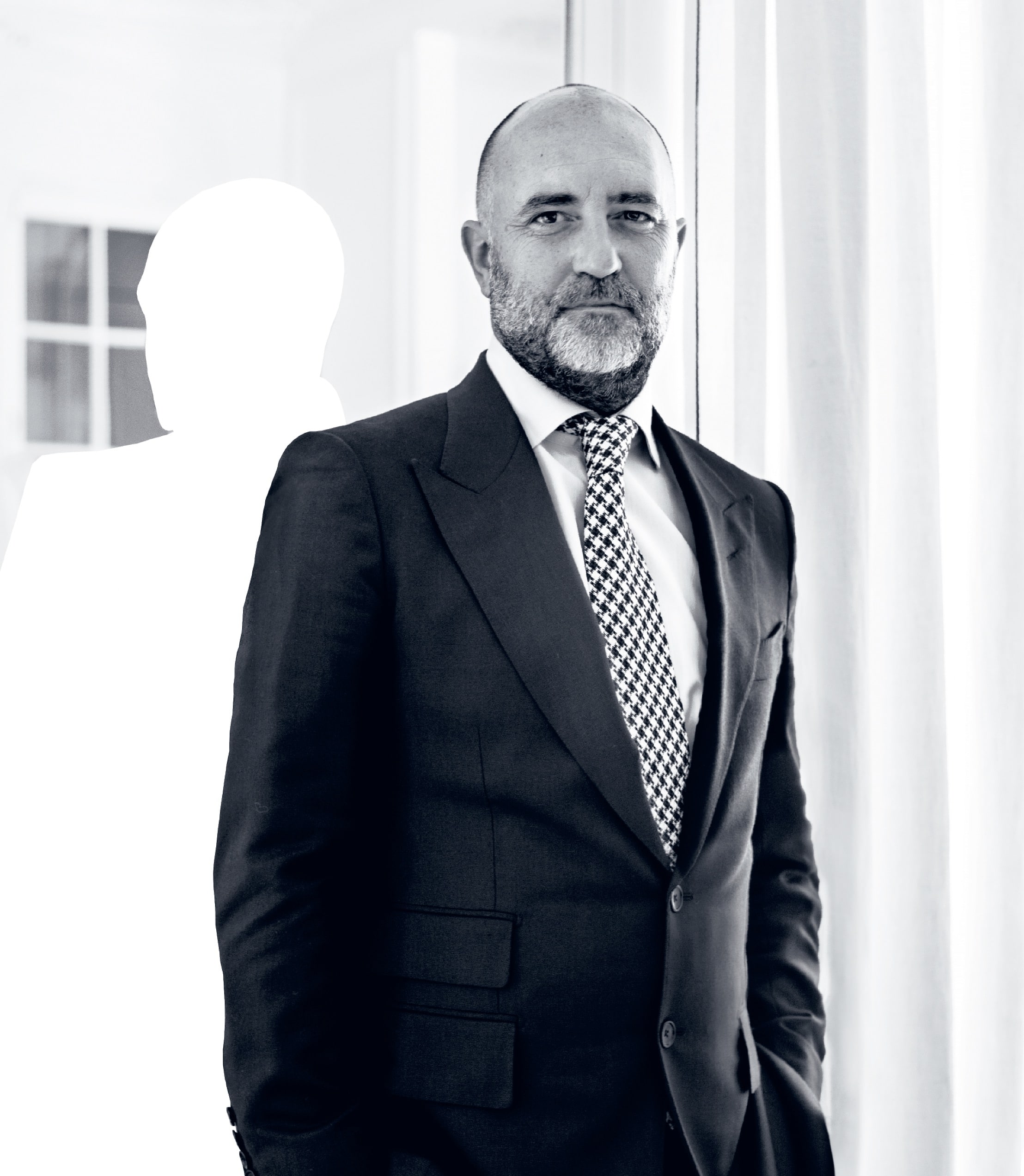

Dossier
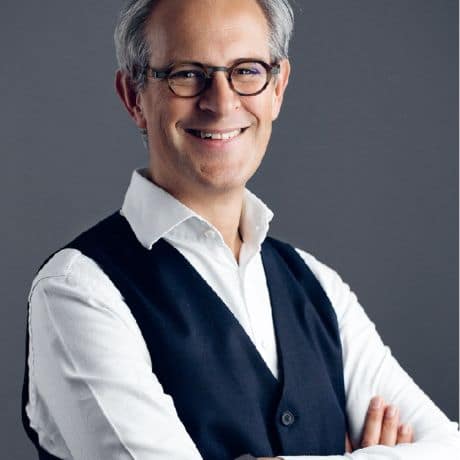
Personality
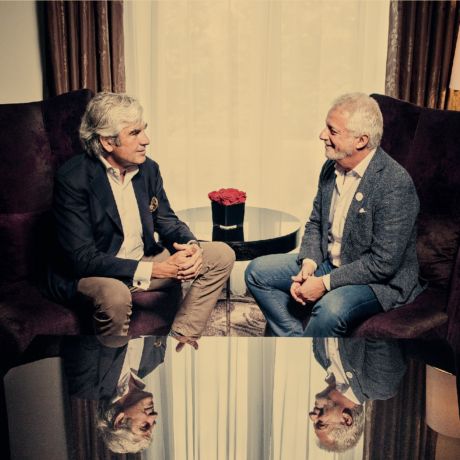
Face-à-face
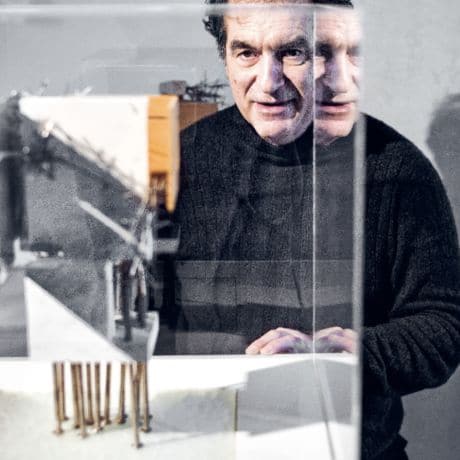
Portrait
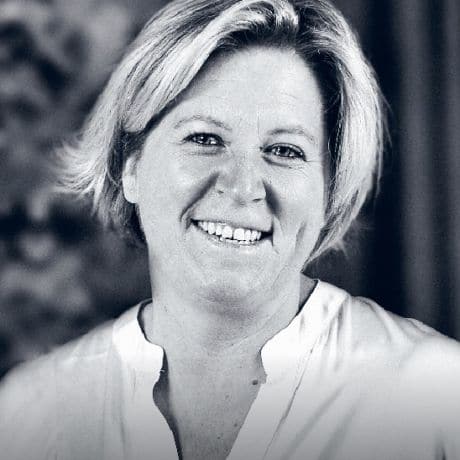
She in the plural
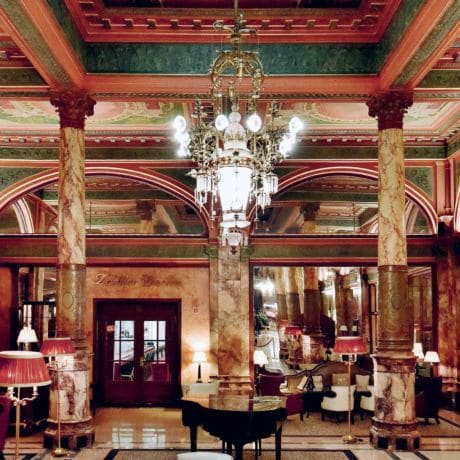
1 establishment, 3 trades
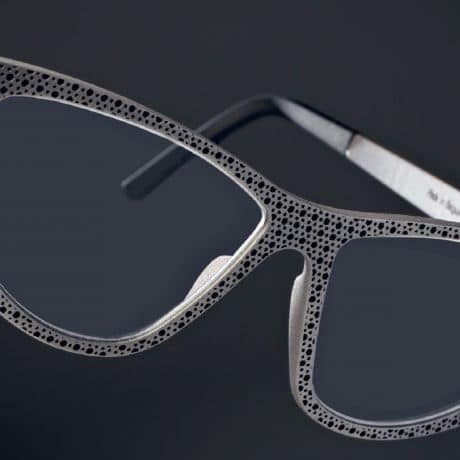
back stage

THE MOST BEAUTIFUL ONES
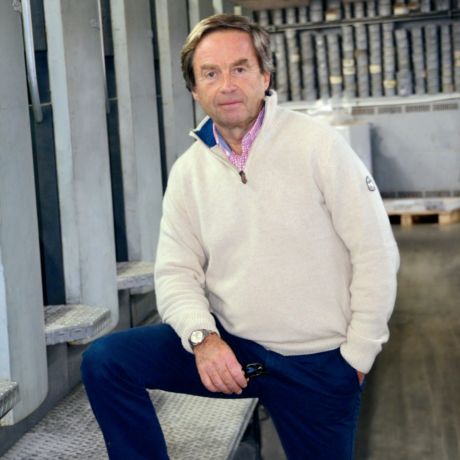
in the picture
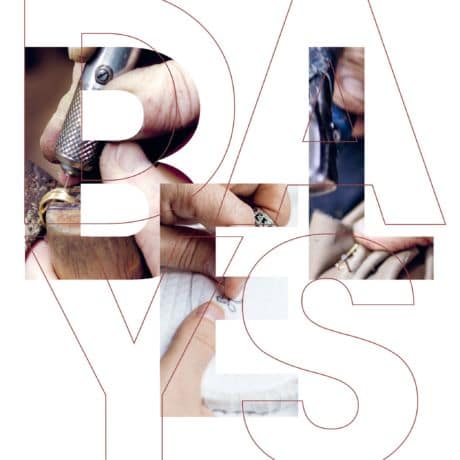
Values
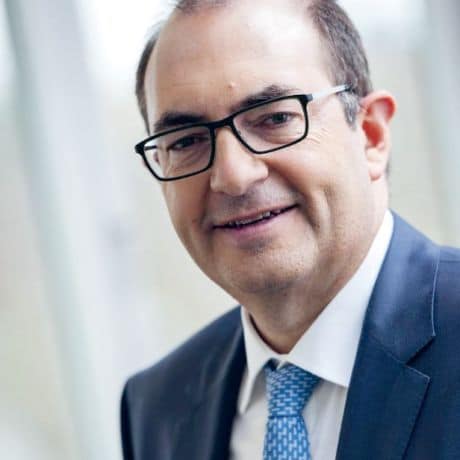
Beautiful racing cars